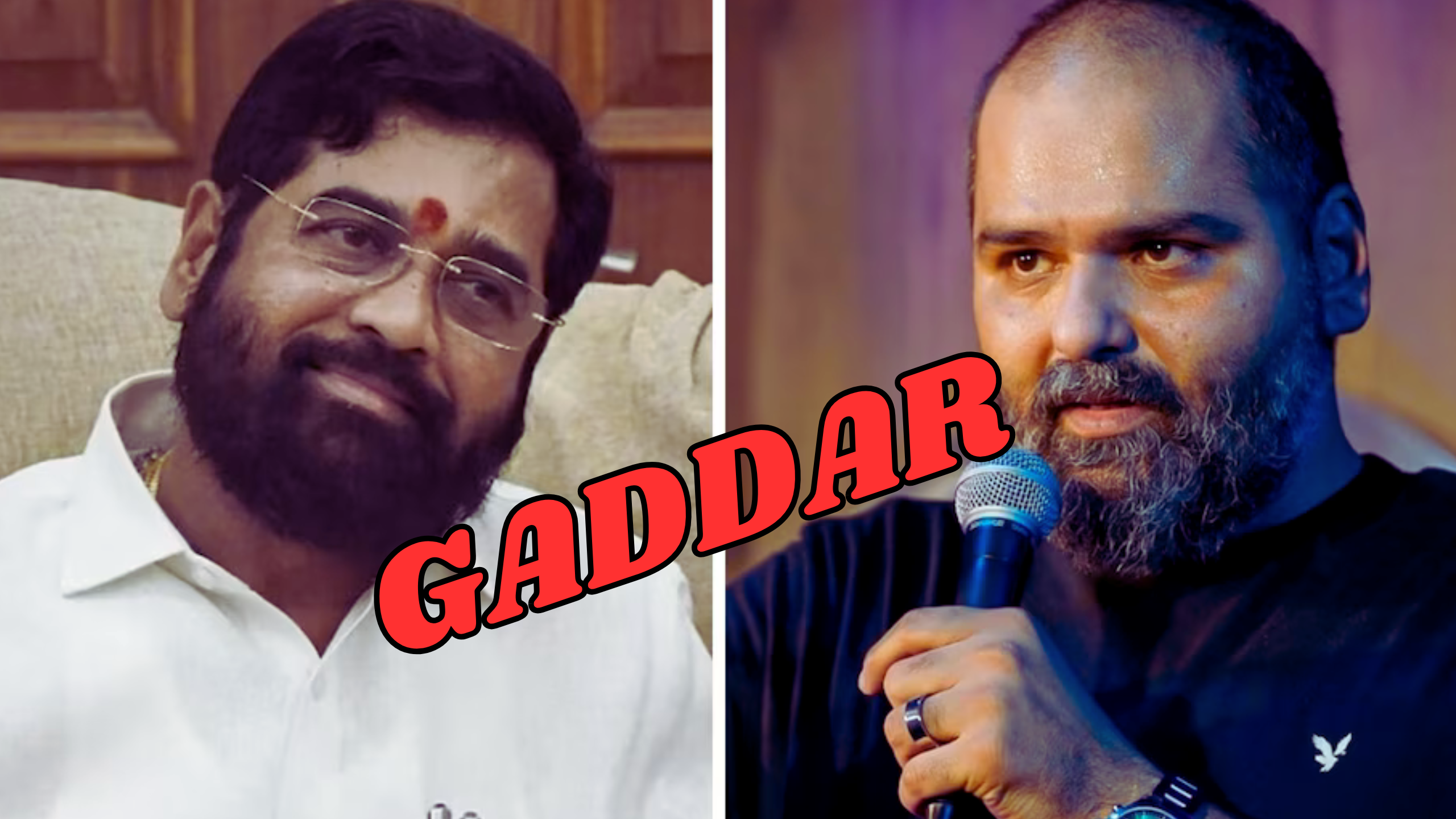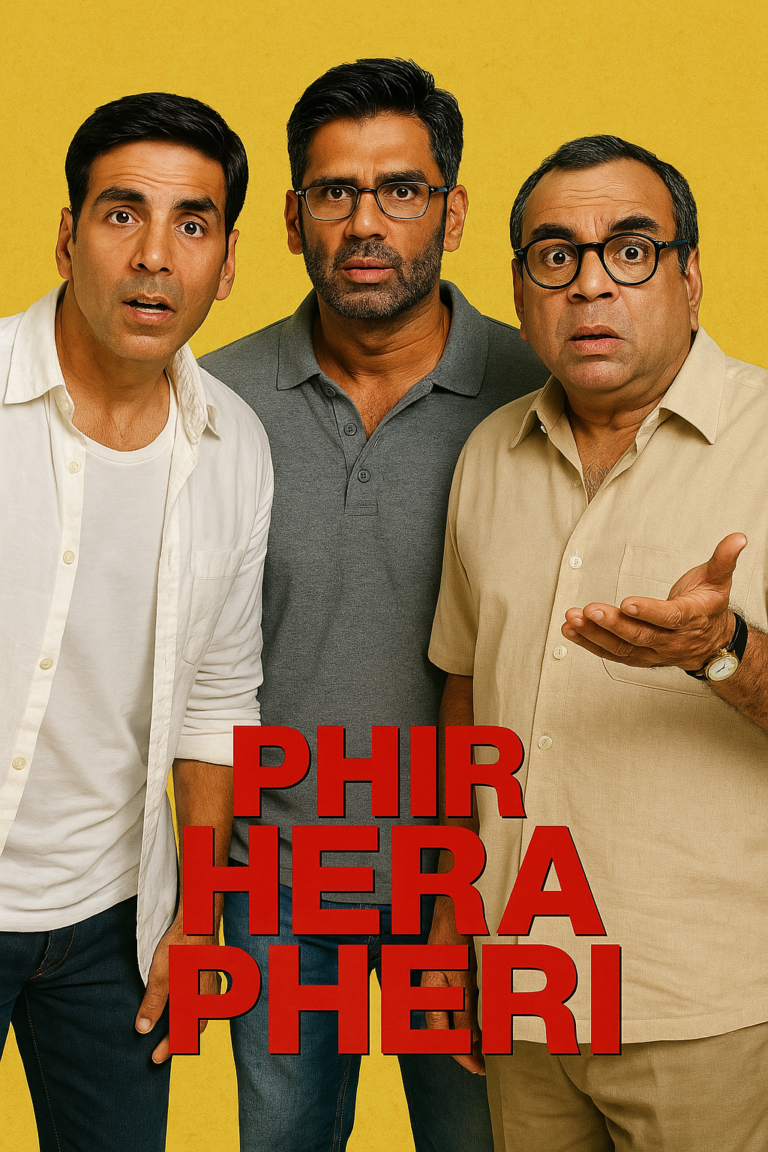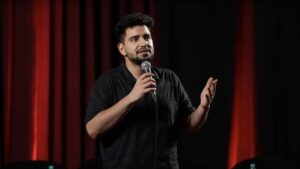Comedian Kunal Kamra has recently become the center of a major controversy following a satirical performance targeting Maharashtra’s Deputy Chief Minister, Eknath Shinde. This incident has sparked intense debates on freedom of expression, political sensitivities, and the challenges faced by artists in India.
The Satirical Performance and Its Aftermath
During a stand-up show at Mumbai’s Habitat Comedy Club, Kamra performed a parody of the song “Dil To Pagal Hai,” implicitly labeling Eknath Shinde a “gaddar” (traitor) due to his 2022 defection from Uddhav Thackeray’s Shiv Sena party. A video clip of this performance, shared on Kamra’s Instagram, quickly went viral, leading to significant backlash from members of Shinde’s faction of the Shiv Sena party.
Vandalism at Habitat Comedy Club
In response to Kamra’s performance, approximately 20 Shiv Sena supporters vandalized the Habitat Comedy Club, causing substantial damage. The Mumbai police have since arrested over 10 individuals involved in the incident, including Rahul Kanal, the leader of the Shiv Sena’s youth faction. Following the attack, the club announced its temporary closure, expressing concerns over the safety of its patrons and staff.
Legal Actions and Political Reactions
The controversy escalated as the Mumbai police registered a First Information Report (FIR) against Kunal Kamra for alleged defamation. Maharashtra’s Chief Minister, Devendra Fadnavis, demanded an apology from Kamra, stating that while freedom of expression is respected, “recklessness will not be tolerated.” Home Minister Yogesh Kadam suggested an investigation into Kamra’s phone records and finances.
Kunal Kamra’s Response
Kamra has remained steadfast amidst the controversy. He expressed no regrets over his performance and indicated that he would only apologize if mandated by the courts. On social media, Kamra posted an image of himself holding the Indian Constitution, captioned: “The only way forward.”
Broader Implications on Freedom of Expression
This incident has reignited discussions about the state of free speech in India. The vandalism and legal actions against Kamra reflect a growing trend of intolerance towards dissenting voices, particularly in the arts and entertainment sectors. Other comedians have faced similar challenges, highlighting the shrinking space for satire and criticism in the country.
Conclusion
The Kunal Kamra-Eknath Shinde controversy underscores the delicate balance between artistic expression and political sensitivities in India. As the situation unfolds, it serves as a critical reminder of the importance of safeguarding freedom of speech while navigating the complex landscape of political discourse.












